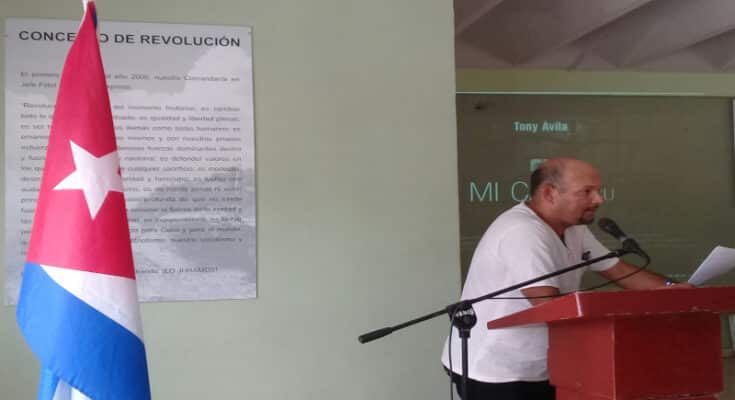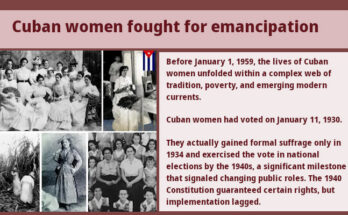The preparations that will guarantee the quality of the popular referendum on the New Family Code, called by the Cuban Parliament for September 25 of this year, were examined in Contramaestre, in the presence of Eliecer Hierrezuelo Ramírez, member of the Provincial Electoral Council of Santiago de Cuba and in a municipal plenary session with the electoral authorities of this jurisdiction.
Upon evaluating the progress of the actions for the referred political event that the whole Cuban nation will experience for the sake of the legitimate secret direct vote, the new regulation, adjusted to the present and future times of the country, Dayron Soria Fajardo, secretary of the Municipal Electoral Council emphasized on the weaknesses and strengths derived from the broad popular consultation on the Family Code Project, developed between February and April of this year in this territory, which registers more than 81 thousand voters.
This time, the highest electoral authorities of Contramaestre, together with supervisors, collaborators and support groups for the elections, stated that one of the challenges lies in the insufficient number of vehicles to carry out the tasks demanded by this process in the rural and mountainous areas, which occupy the majority of the geographical universe of this municipality.
After a sustained struggle prior to the popular referendum, the ideal number of electoral authorities was reached from the 161 districts to the 269 polling stations, including a special one, in the General Teaching Hospital ¨Orlando Pantoja Tamayo¨.
Regarding the preparations for the elections on the Family Code, Contramaestre emphasizes the differentiated attention to vulnerable communities, offers training in accordance with the Electoral Law to the administrations that will support this process in the 13 popular councils, updates the communication plans and reinforces the work with the voters’ registry and the inclusion model.
As recently stated by the Cuban Minister of Justice, Oscar Silvera Martínez, before the deputies of the National Assembly of People’s Power, “the new version of the Family Code is impregnated with popular sovereignty, reflecting the revolutionary essence of protection of rights, guaranteeing social justice and high human content”.




